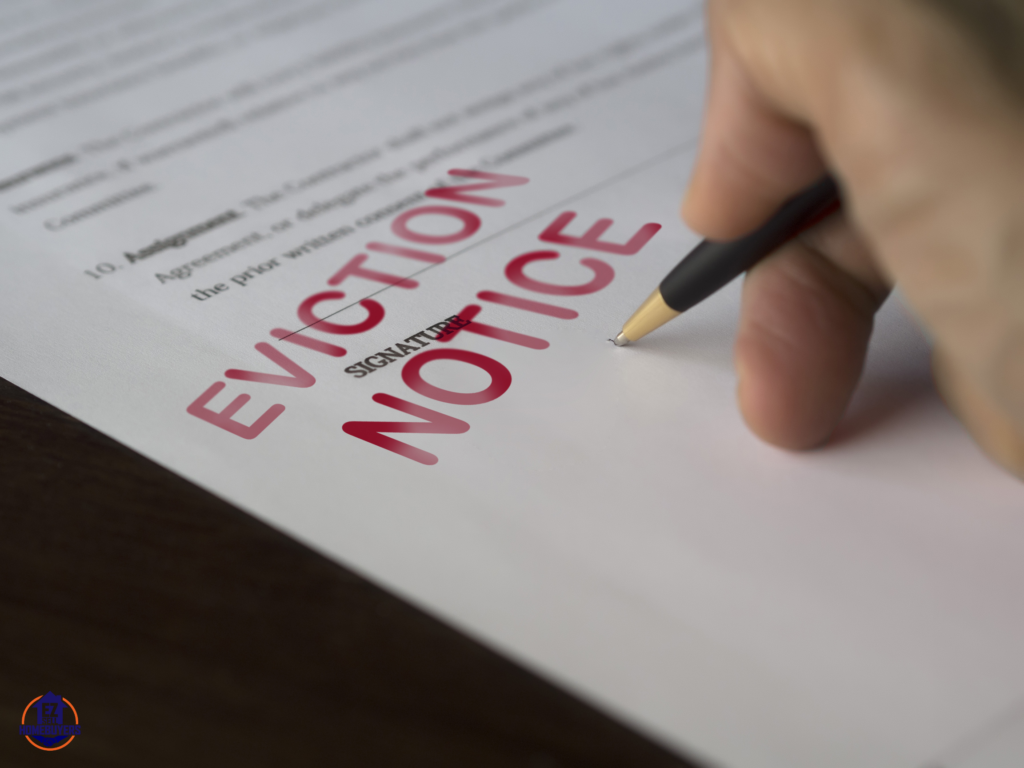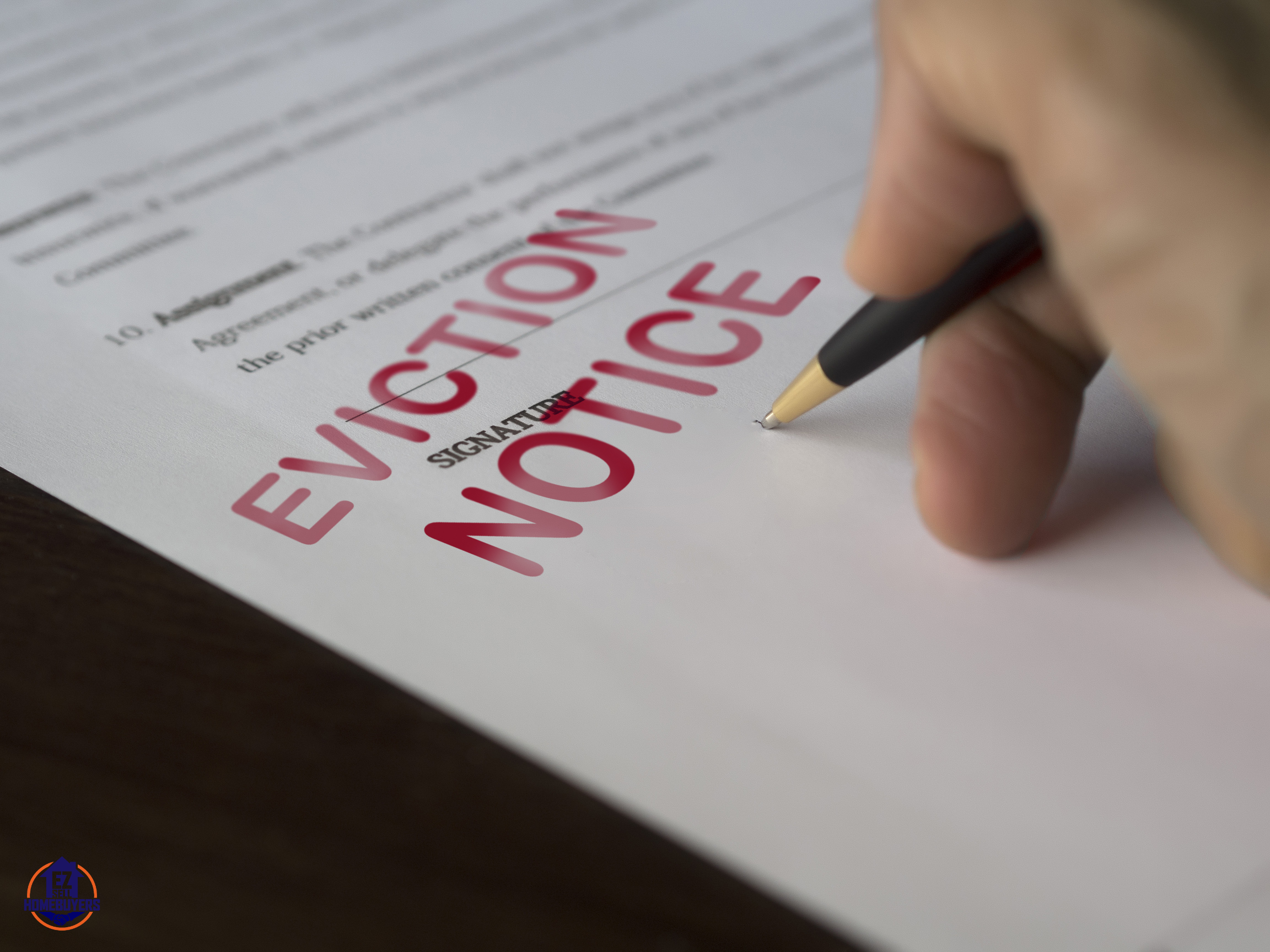Navigating the complexities of dealing with squatters in Columbus, Ohio, and its bustling suburbs can pose a significant challenge for property owners. As a veteran real estate investor specializing in helping home sellers in areas like Westerville, Dublin, and Gahanna, I’ve gathered substantial insights and effective strategies to handle these situations. This comprehensive guide will walk you through understanding the legal framework, preventive measures, and practical steps necessary for squatter eviction in Columbus and its popular suburbs.

Understanding Squatter Rights in Columbus Ohio
In Ohio, certain protections are extended to individuals who occupy a property without the owner’s explicit permission. Known as “squatter rights” or “adverse possession,” these laws can potentially grant squatters legal ownership of a property after continuous possession for about 21 years. However, property owners have the legal right to challenge this possession and can take several steps to regain control of their property much sooner.
Legal Framework for Evicting Squatters
The legal process of evicting squatters in Columbus is stringent and must be meticulously followed to ensure compliance with the law. Here are the essential steps every property owner should consider:
- Verification of Squatter Status: It’s crucial to determine that the occupants are squatters and not forgotten tenants, as different laws apply.
- Issuing a Notice: Once confirmed, issue a notice demanding the squatters vacate within 3 to 5 days.
- Filing an Eviction Lawsuit: If they fail to leave, file a “forcible entry and detainer” lawsuit to start the eviction.
- Court Hearing and Judgment: Present your case in court. If ruled in your favor, an eviction order will be issued.
- Law Enforcement Involvement: Eviction should be executed by local law enforcement to ensure legality and safety.
Preventive Measures Against Squatting: Insights from a Veteran Real Estate Investor
Prevention is paramount when it comes to property management. Drawing from over 20 years of experience, here are some proactive measures I’ve found effective:
- Regular Property Inspections: Conduct monthly inspections to check for any unauthorized occupants.
- Robust Security Systems: Install advanced security locks and surveillance systems to deter squatters.
- Strategic Signage: Use clear, legal signs like “No Trespassing” to ward off potential squatters and support legal claims.
- Professional Property Management: Engage reputable property managers to maintain and monitor the property, especially if it’s not within easy reach.
Legal Advice and Assistance: Lessons from the Field
Dealing with squatters can become legally intricate, necessitating expert guidance. Through my experiences, I’ve learned the importance of consulting with attorneys who specialize in real estate or tenant law in Ohio. They can offer tailored advice and ensure that all actions comply with state laws, safeguarding your property rights.
Considering Alternative Solutions: Selling to a Cash Investor
In cases where the squatter issue becomes overly burdensome or if the property requires significant management that you can no longer sustain, selling the property to a cash investor might be a viable solution. Cash investors typically buy properties “as is,” which can quickly relieve you of the legal and financial headaches associated with squatters. This route can be particularly appealing for those looking to resolve issues swiftly and efficiently without entering prolonged legal battles.
Conclusion
Evicting squatters from your property in Columbus, Ohio, and its suburbs requires a deep understanding of the law, a strategic approach to legal proceedings, and proactive measures to prevent such incidents. By staying informed, prepared, and considering all available options—including selling to a cash investor—property owners can effectively manage squatter situations and secure their investments. Remember, in the dynamic field of real estate, swift action and expert advice are key to protecting your interests.
Frequently Asked Questions
1. What are squatter rights in Columbus, Ohio?
Squatter rights, also known as adverse possession, are laws that can allow a person occupying a property without permission to eventually claim legal ownership. In Ohio, this requires continuous possession for approximately 21 years under certain conditions. However, property owners have the right to challenge this at any time during that period.
2. What is the first step in dealing with squatters in Columbus, Ohio?
The first step is verifying that the individuals occupying the property are indeed squatters and not tenants with whom you might have a forgotten formal agreement. This differentiation is crucial as the legal approach for tenants differs significantly from that for squatters.
3. How do I legally evict a squatter in Columbus, Ohio?
To legally evict a squatter, follow these steps:
- Issue a notice to the squatters demanding they vacate the property within 3 to 5 days.
- If they fail to leave, file a “forcible entry and detainer” lawsuit.
- Present your case at a court hearing. If the judgment is in your favor, a court order for eviction will be issued.
- The eviction must then be carried out by local law enforcement.
4. What are some preventive measures I can take to avoid squatting?
Effective preventive measures include:
- Regular property inspections to detect unauthorized occupants early.
- Installing robust security systems such as high-security locks and surveillance cameras.
- Posting clear “No Trespassing” signs to deter potential squatters and strengthen legal protections.
- Hiring a professional property management company to oversee and maintain the property.
5. Why should I consider selling my property to a cash investor if I have squatter issues?
Selling to a cash investor can be an efficient solution if squatter issues are becoming too burdensome. Cash investors often purchase properties “as is,” which means you can avoid the costs and time involved in evicting squatters and making necessary repairs. This option can provide a quick and hassle-free way to dispose of a problematic property.
6. When should I seek legal advice regarding squatters?
You should seek legal advice as soon as you identify a squatter situation or if you’re unsure about how to proceed legally. An attorney specializing in real estate or tenant law can provide guidance tailored to your situation, ensuring compliance with Ohio laws and helping to safeguard your property rights effectively.
7. Can installing security systems really deter squatters?
Yes, installing modern security systems can significantly deter squatters. Squatters typically look for easy targets—properties that are less secure and easy to access. By enhancing security, you make your property less appealing to squatters, thereby reducing the likelihood of squatter occupation.
Each of these questions and answers aims to address common concerns and provide concise guidance on managing squatter issues in Columbus, Ohio, and its suburbs.

